Breaking News: OpenAI's Fidji Simo Highlights Mental Health Risks of AI Products
In a recent interview, Fidji Simo, OpenAI's newly appointed CEO of Applications, revealed that Meta's team did not adequately anticipate the risks associated with their AI products. This stark admission comes as AI chatbots face growing scrutiny over their potential to exacerbate mental health concerns. Simo's comments underscore the pressing need for companies to reassess their AI development strategies and prioritize user well-being.
According to Simo, her first task under CEO Sam Altman was to address mental health concerns surrounding OpenAI's products. This task reflects the company's commitment to mitigating the risks associated with AI, particularly in the context of user relationships and therapy or support during acute mental health crises. As a former Meta executive, Simo brings a unique perspective to OpenAI, highlighting the differences between the two companies' approaches to AI development.
Simo worked at Meta for a decade, serving as the head of the Facebook app for her last two-and-a-half years. She joined OpenAI in May 2023, tasked with managing applications outside of Altman's research and computing infrastructure scope. Her comments on Meta's lack of foresight regarding AI risks come as the company faces criticism for its handling of user data and AI product development.
The immediate impact of Simo's comments is a renewed focus on AI safety and responsible development. OpenAI's commitment to addressing mental health concerns reflects a growing recognition within the tech industry of the need for more stringent guidelines and regulations governing AI development. As companies like Meta and OpenAI navigate the complex landscape of AI ethics, users can expect increased transparency and accountability regarding AI product development and deployment.
In the background, the development of AI chatbots has been a topic of growing concern, with experts warning of the potential for these technologies to exacerbate mental health issues. The rise of AI-powered therapy and support systems has raised questions about the boundaries between human and machine relationships. As companies like OpenAI and Meta grapple with these issues, the need for clear guidelines and regulations becomes increasingly pressing.
As OpenAI continues to address mental health concerns and develop more responsible AI products, the tech industry as a whole will be watching closely. With Simo's comments serving as a catalyst for change, the future of AI development may hold new opportunities for innovation and user safety.



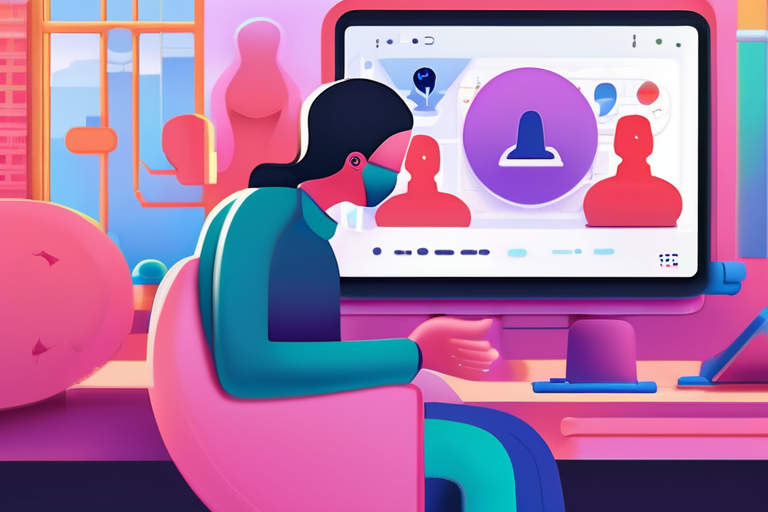
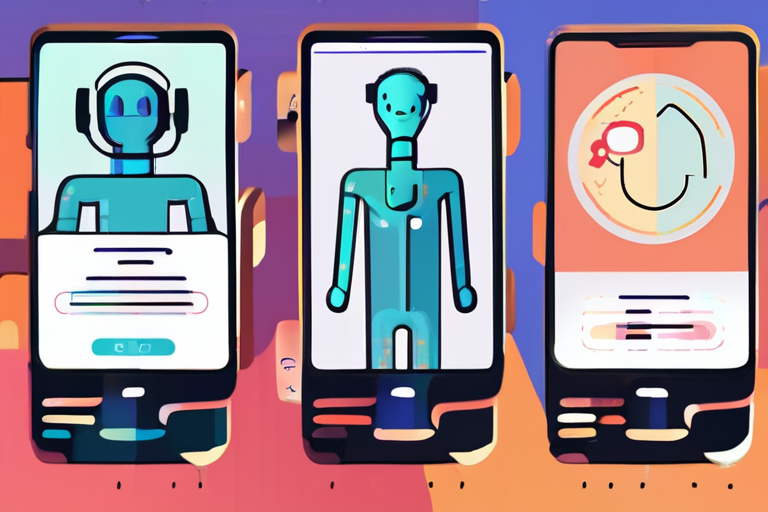
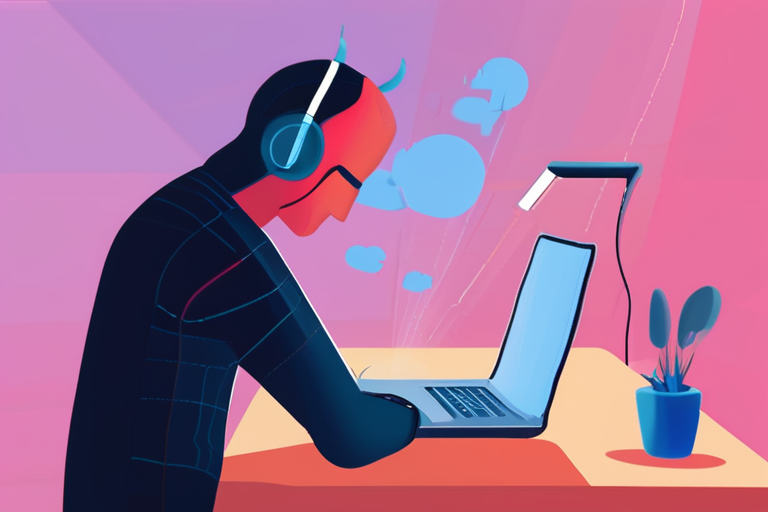

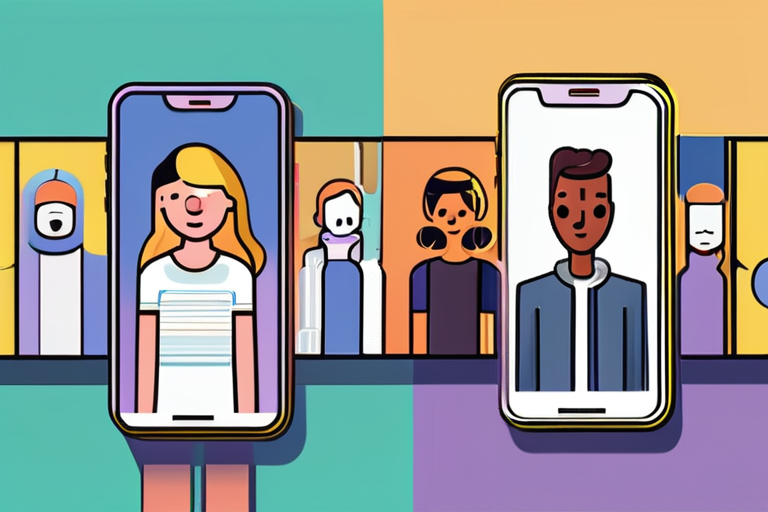
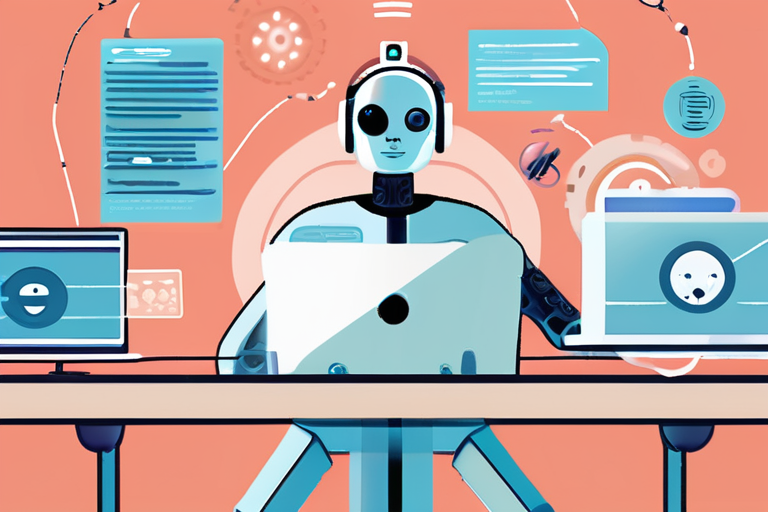

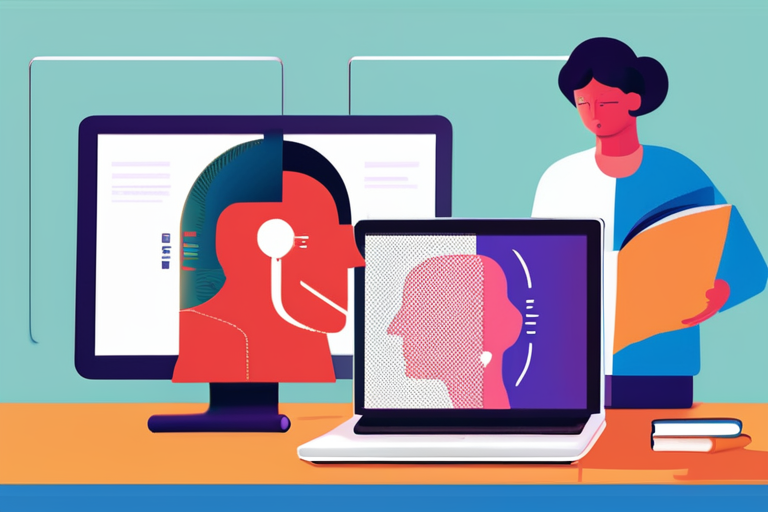
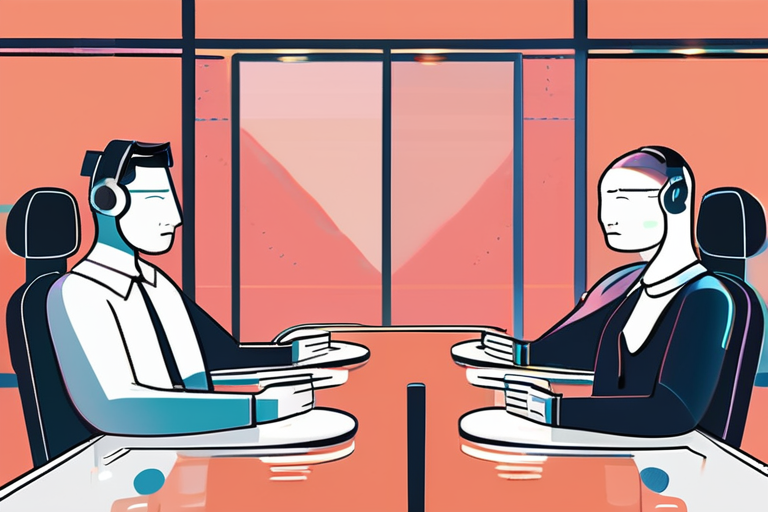


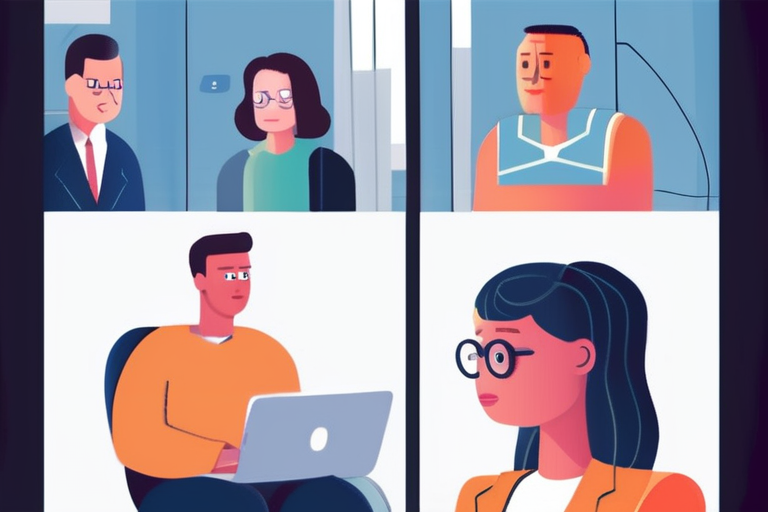
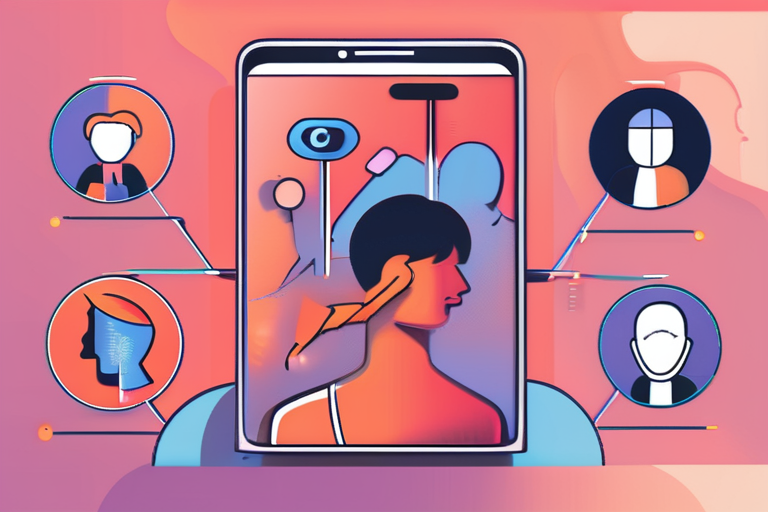
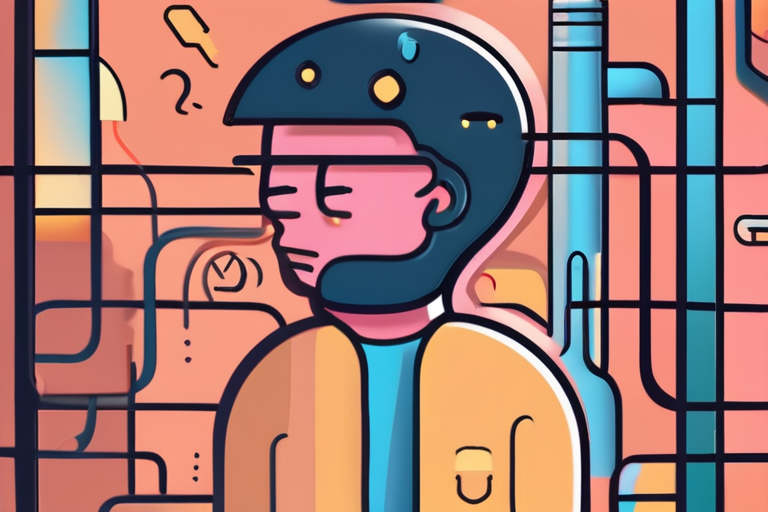
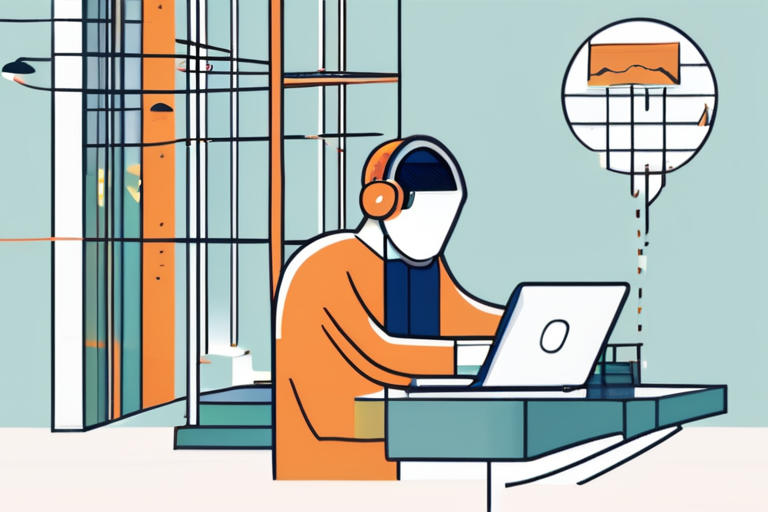


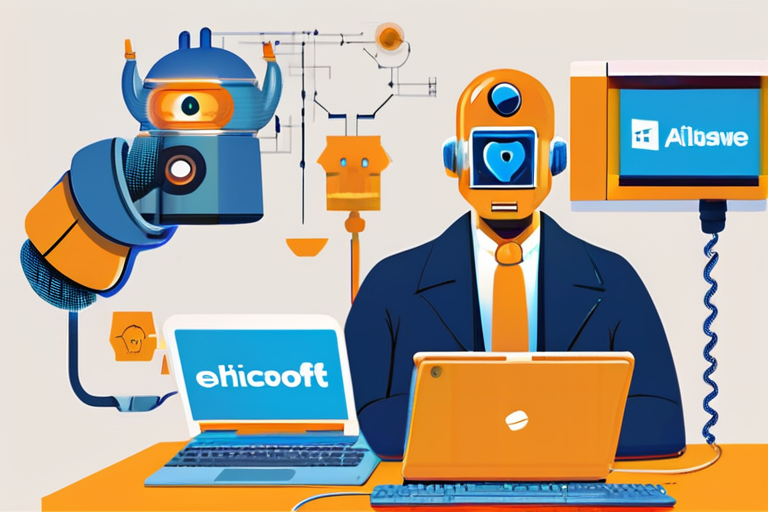
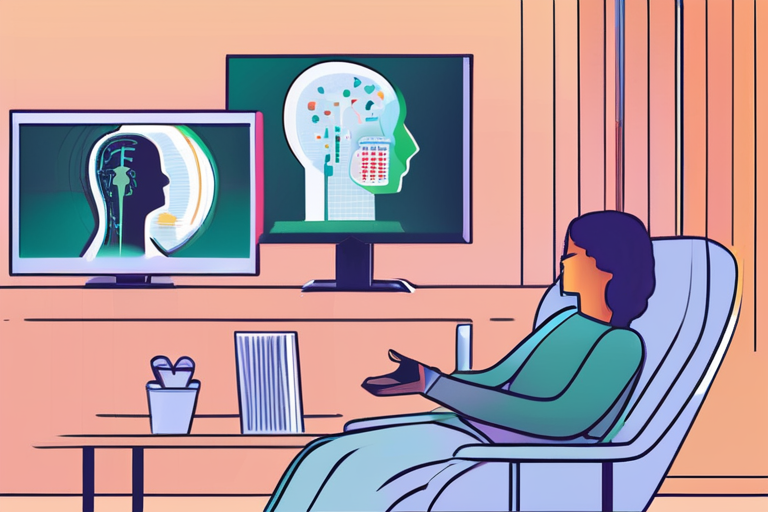
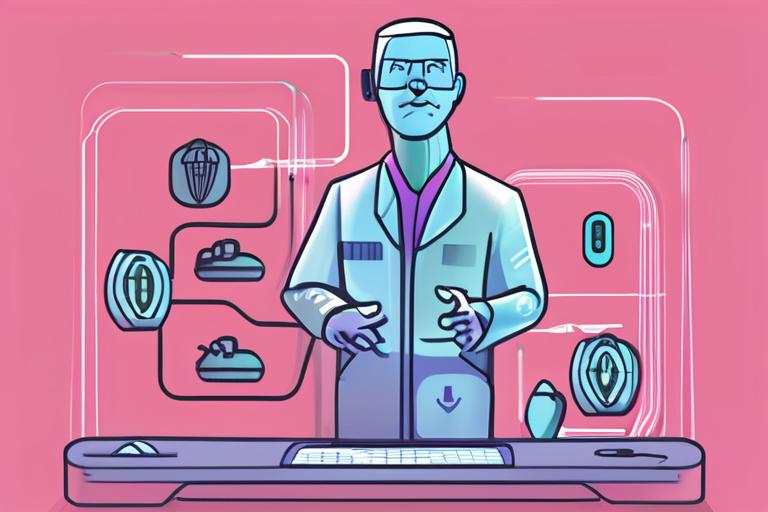



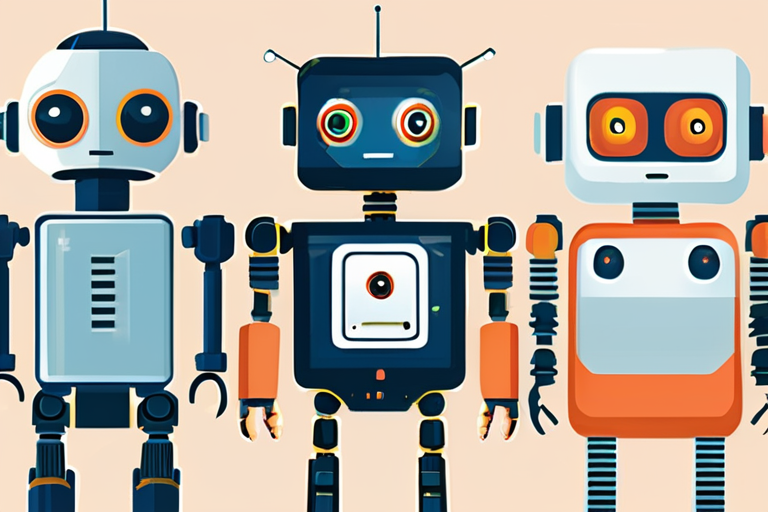
Share & Engage Share
Share this article